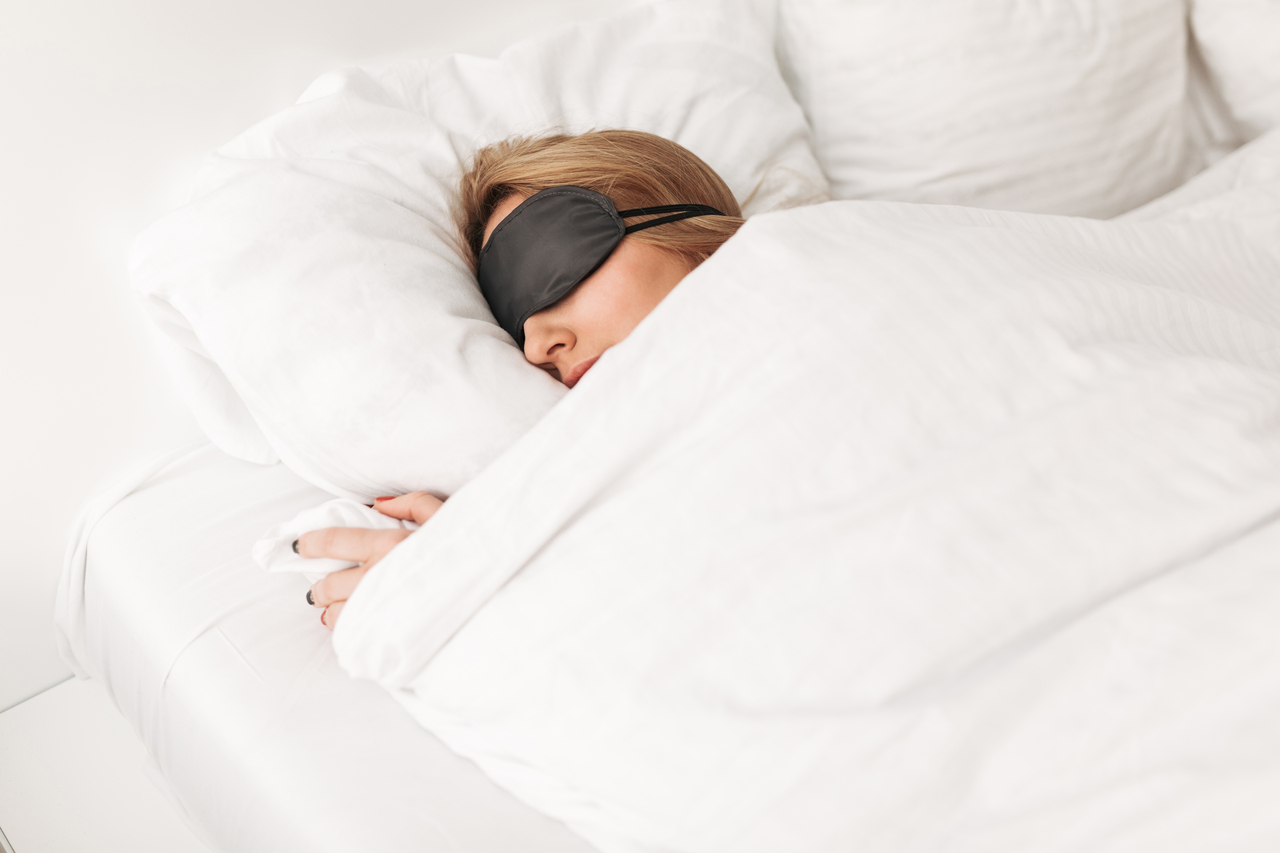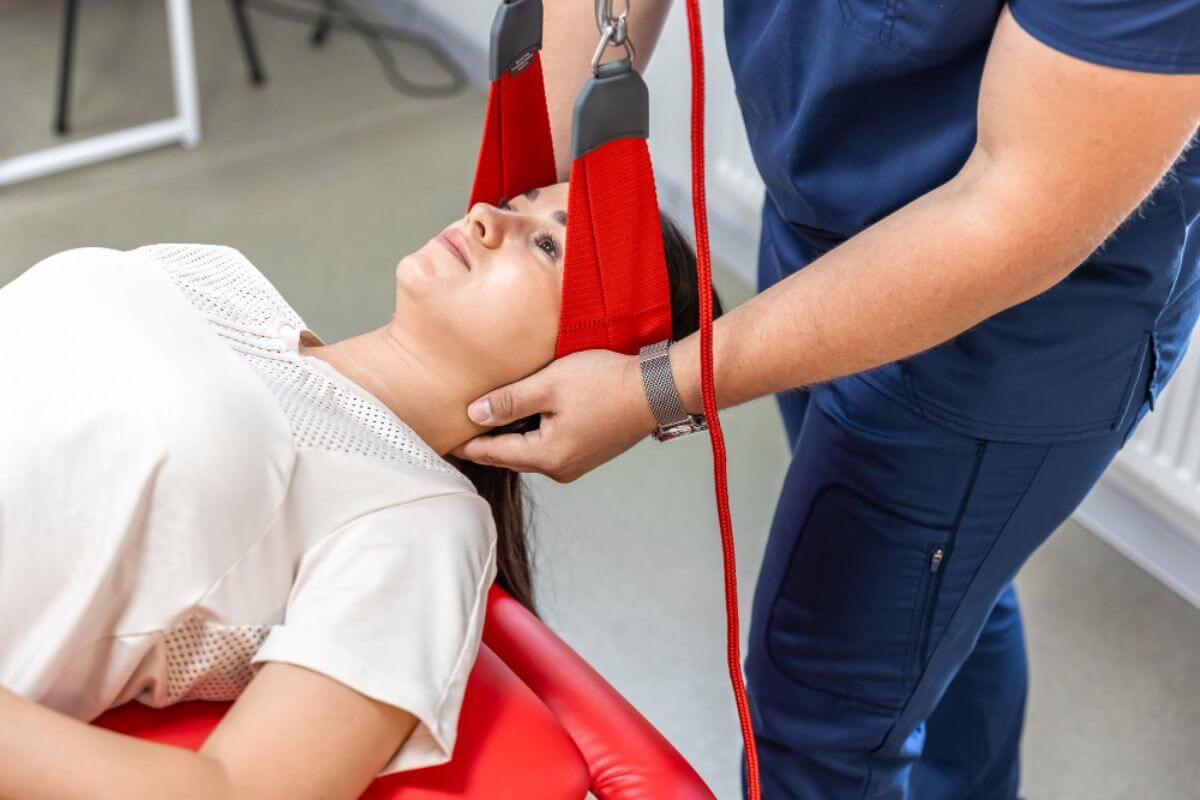
Ways To Improve Sleep Quality
What are the ways to improve sleep quality?
- Watch What You Eat and Drink
- Set an Environment for Sleeping
- Relax Your Mind Near Bedtime
- Consult a Chiropractor
Watch What You Eat and Drink
Do you like drinking coffee and tea? While caffeine can boost your energy in the morning, drinking it 8 hours before bedtime can interfere with your sleep. If you sleep at 10 pm, make it a goal not to drink these after 2 pm. If you crave the taste of coffee, it's best to stick to decaf. Many people think that because alcohol is a depressant that would help them gain better sleep quality at night. While it is true that it can induce relaxation, people who rely on alcohol actually experience worse sleep. It does this by affecting the production of melatonin, a hormone that regulates your body clock. Lastly, if you eat at night, limit it to small portions and avoid overeating. In addition to spicy food, this can cause heartburn and indigestion.Set An Environment For Sleeping
 While you can benefit from blue-light during the day, exposure to it at night can affect sleep quality. Using gadgets, bright light, and watching television during the evening can trick your brain into thinking it’s still daylight — preventing melatonin production.
It appears that the quality of your mattress can also affect your sleeping. Having old bedding can lead to back pain, shoulder pain, and neck pain which can reduce the quality of sleep.
To improve your sleeping environment you can try to invest in blackout curtains. This will block any light from outside your building which can make it hard to sleep. You should also change your mattress every few years. It may be a bit expensive, but it is an investment that will greatly impact your health.
While you can benefit from blue-light during the day, exposure to it at night can affect sleep quality. Using gadgets, bright light, and watching television during the evening can trick your brain into thinking it’s still daylight — preventing melatonin production.
It appears that the quality of your mattress can also affect your sleeping. Having old bedding can lead to back pain, shoulder pain, and neck pain which can reduce the quality of sleep.
To improve your sleeping environment you can try to invest in blackout curtains. This will block any light from outside your building which can make it hard to sleep. You should also change your mattress every few years. It may be a bit expensive, but it is an investment that will greatly impact your health.
Relax Your Mind Near Bedtime
Having a lot of thoughts can prevent your body from relaxing at night. If you find yourself having difficulty falling asleep even though you’re tired, one possible cause would be stress and anxiety. One treatment used on people with insomnia is relaxation therapy. At the end of the day, make it a goal to relax and de-stress. Let go of your to-do list until the day after and focus on self-love. Set this time for yourself to rest and rejuvenate. Other people find that yoga and meditation can also help you relax. You can also keep a diary and listen to soft music.Consult A Chiropractor
 Suffering from a painful back, shoulders, or neck can make it harder for you to fall asleep at night. If you want to avoid relying on medication, it is a good idea to consult a chiropractor.
In a study, massage therapy helped sick people improve their sleep quality. A chiropractor can help you ease your muscles and relieve any discomfort in your body. They are also trained to give massages that target areas that need relaxation.
Aside from these, they are trained to treat any spinal problems that affect your ability to fall asleep. A chiropractor will also recommend the right sleeping positions and mattress for your body, and teach you exercises to help you sleep.
Suffering from a painful back, shoulders, or neck can make it harder for you to fall asleep at night. If you want to avoid relying on medication, it is a good idea to consult a chiropractor.
In a study, massage therapy helped sick people improve their sleep quality. A chiropractor can help you ease your muscles and relieve any discomfort in your body. They are also trained to give massages that target areas that need relaxation.
Aside from these, they are trained to treat any spinal problems that affect your ability to fall asleep. A chiropractor will also recommend the right sleeping positions and mattress for your body, and teach you exercises to help you sleep.






